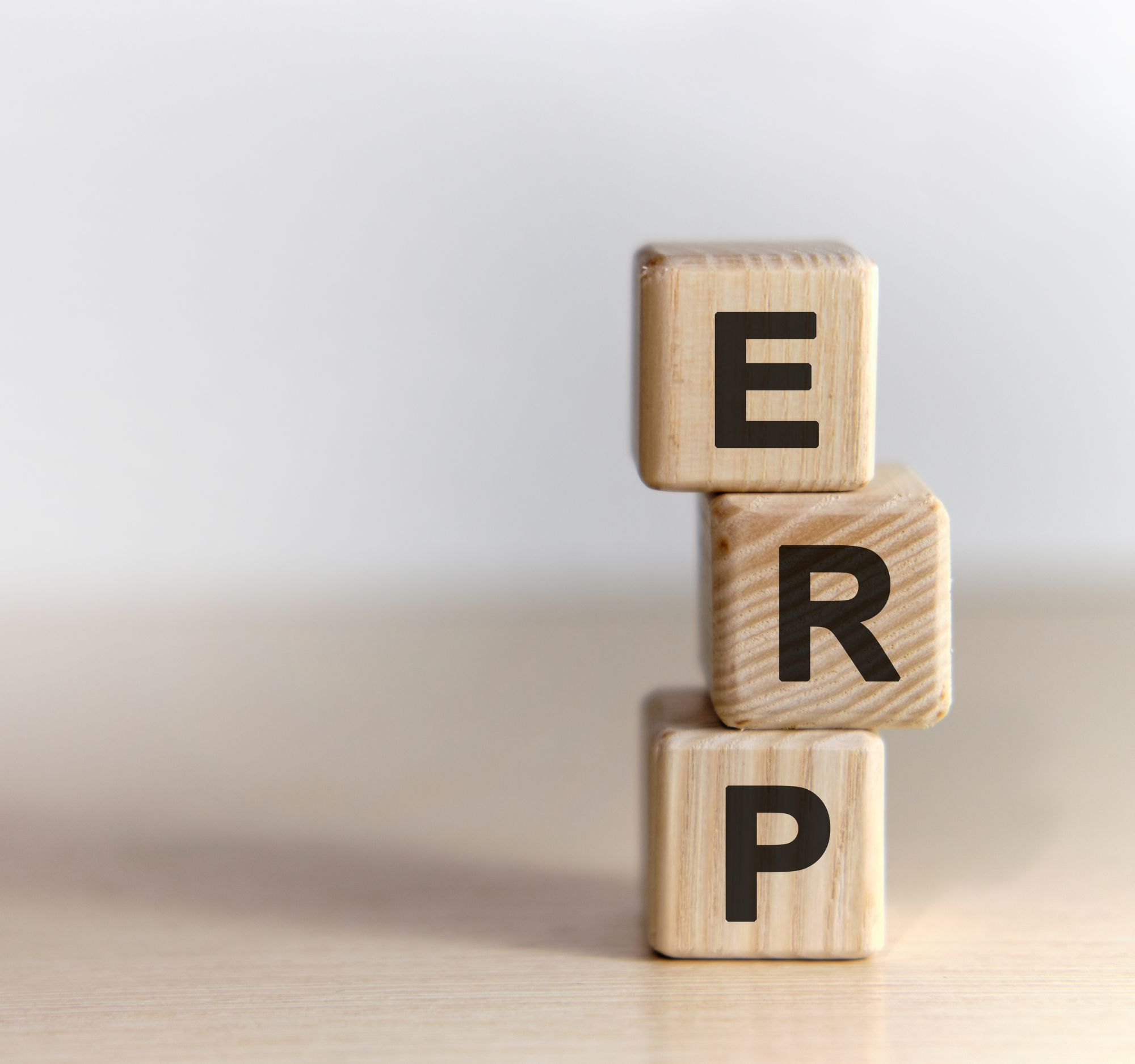When people in Kansas City are searching for OCD therapy support they’re often looking for something more than information — they’re looking for hope. Maybe you’ve tried to “just stop” the intrusive thoughts, or you’ve felt trapped in a loop of checking, ordering, or reassurance-seeking. Living with OCD can feel exhausting, confusing, and isolating. But the good news is, OCD is treatable — and one of the most effective approaches is Exposure and Response Prevention (ERP).
What OCD Actually Is (And Isn’t)
OCD is more than liking things tidy or organized. It’s a cycle that involves:
- Intrusive thoughts, images, or urges that feel distressing or “wrong.”

- Anxiety or guilt that follows — a sense that something bad might happen.
- Compulsions or mental rituals that temporarily relieve the distress (like checking, washing, counting, praying, or mentally reviewing).
The relief never lasts long, which reinforces the cycle. Over time, OCD can make life smaller — avoiding certain situations, doubting yourself, or spending hours caught in mental loops.
So, What Is OCD Therapy?
OCD therapy, especially when it includes ERP, is designed to gently break that cycle. ERP helps you retrain your brain’s response to anxiety, so you can live with more confidence and peace instead of fear and ritual.
At our Kansas City practice, we often describe it this way: OCD therapy isn’t about “getting rid” of intrusive thoughts — it’s about changing your relationship to them.
How ERP Works
ERP (Exposure and Response Prevention) is a specific, evidence-based type of Cognitive Behavioral Therapy (CBT). Here’s what it involves:
- Exposure: You gradually face the thoughts, images, or situations that trigger anxiety — in a safe and supportive way.
- Response Prevention: You resist the urge to engage in compulsions or rituals. This is where the real change happens — your brain learns that you can handle the anxiety and that it naturally decreases over time.
For example:
- If your OCD tells you “You might have left the stove on,” ERP helps you sit with the discomfort of not checking — and notice that the anxiety fades on its own.
- If your mind whispers “What if I hurt someone by mistake?” you might practice being around that thought without reassurance, learning that thoughts don’t equal actions.
ERP is hard work — but it’s also empowering. Over time, you learn that anxiety doesn’t control you. You begin to trust yourself again.
What OCD Therapy Looks Like in Practice
In therapy, we collaborate with you to create an ERP plan that fits your life. Sessions are structured, yet compassionate — we move at a pace that feels challenging but safe.
A few key parts of OCD therapy include:

- Assessment and education: Understanding how your OCD shows up and learning how the cycle works.
- Building tolerance: Gradually increasing your ability to experience discomfort without giving in to compulsions.
- Developing self-compassion: Recognizing that OCD isn’t your fault — it’s your brain trying too hard to protect you.
- Real-life integration: Practicing ERP outside the therapy room, so the changes stick where you need them most — in everyday life.
Why Finding the Right Therapist Matters
OCD can be misunderstood, even by well-meaning professionals. Working with a therapist who specializes in OCD and ERP makes all the difference. In Kansas City, many of our clinicians are trained in ERP and take a trauma-informed, collaborative approach — because the work of facing fear requires trust, care, and genuine connection.
When to Consider OCD Therapy
You don’t need to hit a breaking point to reach out. Therapy might help if you:
- Spend significant time on rituals or mental checking.
- Feel intense guilt, doubt, or anxiety that others don’t understand.
- Avoid certain people, places, or topics because of intrusive thoughts.
- Have tried to manage OCD on your own without lasting relief.
If that sounds familiar, know that OCD therapy isn’t about “fixing” you — it’s about helping you live with greater freedom and self-trust.
Finding OCD Therapy in Kansas City
If you’re searching “OCD therapy Kansas City” because you’re ready to stop living in fear, we’d be honored to help. Our therapists provide evidence-based, compassionate care using ERP and other integrative approaches tailored to your needs. Healing takes courage, and you don’t have to do it alone.
Ready to take the next step? Reach out today to connect with an OCD therapist in Kansas City — and begin the process of reclaiming your peace, one step at a time.





